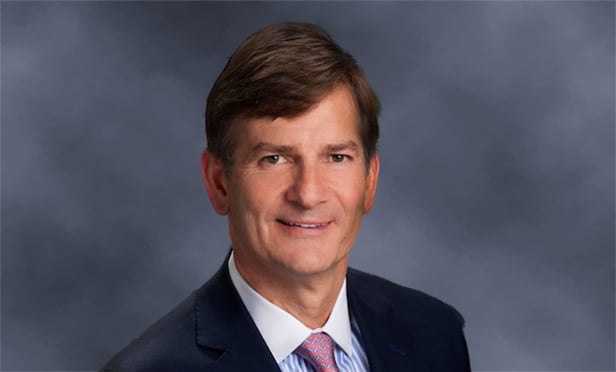"We made the decision that the South Carolina market is too small," Steven R. LeBlanc tells GlobeSt.com. "It does not allow us to pursue our city team strategy, which is core to our capital business." LeBlanc took over as CEO in March as part of a planned succession plan for the Charlotte-based company.
Summit operates each of its core markets with three key people, a vice president of development, construction and management. "That gives us expertise and ground knowledge from people who know the market and who live there," says LeBlanc.
The company sold its South Carolina properties to concentrate on other areas. Charlotte and Raleigh remain the company's fourth and firth-targeted markets, though new acquisitions are not being pursued.
"Long term, Charlotte and Raleigh are good markets," LeBlanc says. "They have a great quality of life and an educated workforce."
But right now, he adds, the two markets have too much supply. He thinks that condition will last for 12 to 18 months, depending on whether lending institutions continue to make loans for new construction.
"We did not see a downturn in 2000, though we're hopeful to see one in 2001 where the capital markets slow lending, "LeBlanc says. "We're staring to see evidence of that."
Summit, which has been in existence since 1972, has Washington, D.C., as its current top market, followed by Atlanta and Southeast Florida. Its two other top markets are Dallas and Austin.
The company has been shedding its older product to the point where its 64 apartment communities are an average of six years old. Nationwide, the company has 18,706 apartments with another 2,471 under construction. Summit owns 4,214 apartments in North Carolina with another 758 under construction.
Summit's funds from operations for the last quarter rose to $19 million or 61 cents per share from $17 million or 57 cents per share for the first quarter of the year. That represented an increase of 7%.
The goal of new projects is to have a 10% return within a year on new suburban development which is usually located close-in and a 9.5% return on urban properties. LeBlanc says the company has been operating above that with an 11% return.
For the immediate future, Summit plans to concentrate on its core markets, LeBlanc says. Long-term, perhaps in three to five years, Summit may branch out into other markets such as San Francisco and Denver.
© Touchpoint Markets, All Rights Reserved. Request academic re-use from www.copyright.com. All other uses, submit a request to [email protected]. For more inforrmation visit Asset & Logo Licensing.







